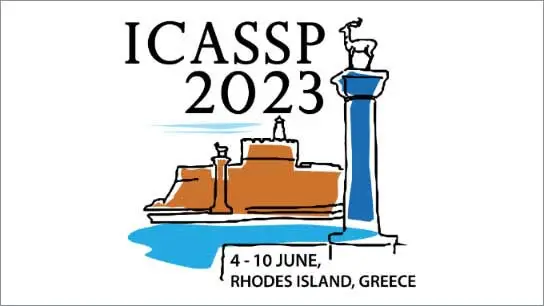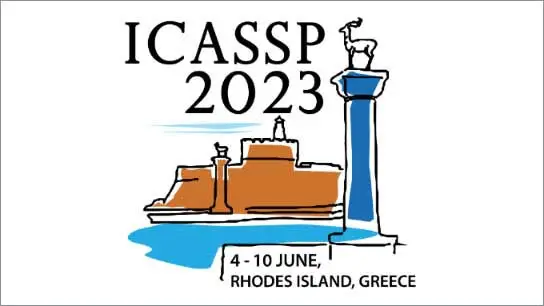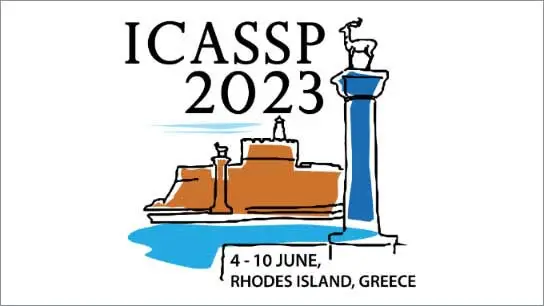Large-scale Language Model Rescoring on Long-form Data
Tongzhou Chen (Google); Cyril Allauzen (Google); Yinghui Huang (Google); Daniel S Park (Google Brain); David Rybach (Google); W. Ronny Huang (Google); Rodrigo Cabrera (Google); Kartik Audhkhasi (Google); Bhuvana Ramabhadran (Google); Pedro J Moreno (Google); Michael Riley (Google)
-
Members: FreeSPS
IEEE Members: $11.00
Non-members: $15.00
07 Jun 2023
In this work, we study the impact of Large-scale Language Models (LLM) on Automated Speech Recognition (ASR) of YouTube videos, which we use as a source for long-form ASR. We demonstrate up to 8\% relative reduction in Word Error Rate (WER) on US English (en-us) and code-switched Indian English (en-in) long-form ASR test sets and a reduction of up to 30\% relative on Salient Term Error Rate (STER) over a strong first-pass baseline that uses a maximum-entropy based language model. Improved lattice processing that results in a lattice with a proper (non-tree) digraph topology and carrying context from the 1-best hypothesis of the previous segment(s) results in significant wins in rescoring with LLMs. We also find that the gains in performance from the combination of LLMs trained on vast quantities of available data (such as C4) and conventional neural LMs is additive and significantly outperforms a strong first-pass baseline with a maximum entropy LM.



